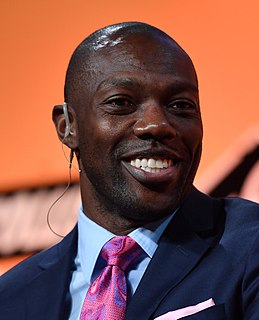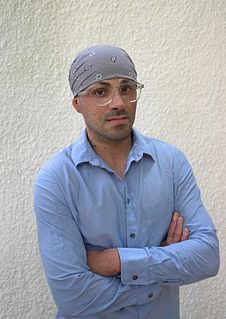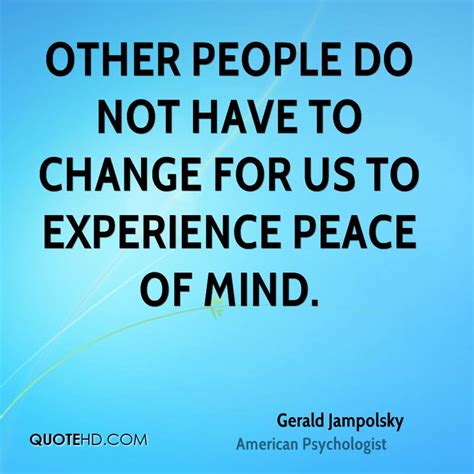A Quote by William Shatner
I love cameras but I find myself reluctantly taking pictures because what's past is past.
Related Quotes
But the past does not exist independently from the present. Indeed, the past is only past because there is a present, just as I can point to something over there only because I am here. But nothing is inherently over there or here. In that sense, the past has no content. The past - or more accurately, pastness - is a position. Thus, in no way can we identify the past as past
Since I switched to an iPhone, I did start taking pictures of people I like. Until then, I strangely never took pictures. I think the iPhone became this space that was different enough from a "photograph," so I find myself taking pictures of daily things. If someone I dated asked me to take their picture, I would most likely find it disturbing. Perhaps nude pictures would be fun. But that would have to be on an iPhone.
We learn in the past, but we are not the result of that. We suffered in the past, loved in the past, cried and laughed in the past, but that's of no use to the present. The present has its challenges, its good and bad side. We can neither blame nor be grateful to the past for what is happening now. Each new experience of love has nothing whatsoever to do with past experiences. It's always new.
My first wedding was 15 people at our condo. The second was maybe about a hundred people at this fabulous casino. And you know what? I have almost no pictures of the second one, because I put disposable cameras on the tables, because everyone said, "The best pictures are the most candid! The best pictures are the ones people just take!" So, I put disposable cameras on the tables, and guess what? There were so many kids there that those cameras were stomped on. I had so many pictures of the floor, of people's eyes, of someone's finger.
When we think we have been hurt by someone in the past, we build up defenses to protect ourselves from being hurt in the future. So the fearful past causes a fearful future and the past and future become one. We cannot love when we feel fear.... When we release the fearful past and forgive everyone, we will experience total love and oneness with all.
Critical acumen is exerted in vain to uncover the past; the past cannot be presented; we cannot know what we are not. But one veilhangs over past, present, and future, and it is the province of the historian to find out, not what was, but what is. Where a battle has been fought, you will find nothing but the bones of men and beasts; where a battle is being fought, there are hearts beating.
what he sought was always something lying ahead, and even if it was a matter of the past it was a past that changed gradually as he advanced on his journey, because the traveller's past changes according to the route he has followed: not the immediate past, that is, to which each day that goes by adds a day, but the more remote past. Arriving at each new city, the traveller finds again a past of his that he did not know he had: the foreignness of what you no longer are or no longer possess lies in wait for you in foreign, unpossessed places.
But there was no hiding from Conscience. Not in new homes and new cars. In travel. In meditation or frantic activity. In children, in good works. On tiptoes or bended knee. In a big career. Or a small cabin. It would find you. The past always did. Which was why... it was vital to be aware of actions in the present. Because the present became the past, and the past grew. And got up, and followed you. And found you... Who wouldn't be afraid of this?
I see a lot of actors that are doing things to please their coaches, their teachers in the past. They say 'No' to parts they should have said 'Yes' to simply because of the opinion of people in their past. I have no one in my past who is judging me and saying, 'Maybe you shouldn't do that.' I'll do it all.
It is not the literal past that rules us, save, possibly, in a biological sense. It is images of the past. Each new historical era mirrors itself in the picture and active mythology of its past or of a past borrowed from other cultures. It tests its sense of identity, of regress or new achievement against that past.




































